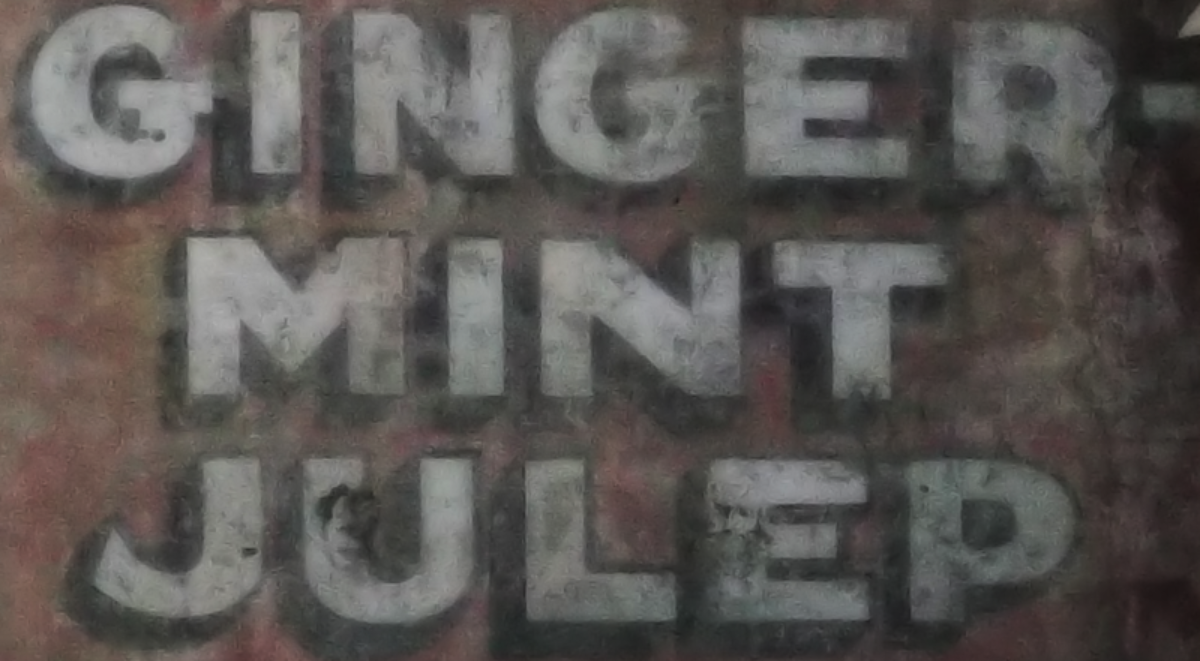I see that « some local reporters have more chutzpah than the national press »:
’… as reporters in Omaha, Neb., proved last week. Deputy Secretary of Defense Paul Wolfowitz visited the area, where he observed a military ceremony and gave a July 9 speech sponsored by the Omaha Chamber of Commerce. Wolfowitz’s office invited several regional reporters for a post-speech discussion with the deputy secretary. … Wolfowitz’s public affairs officer, Bill Turenne, began by asking that Wolfowitz’s comments be attributed to a “senior Defense Department official.” The Kansas City Star’s Canon took immediate issue with these ground rules. “I was less heroic than you might imagine,” he says in a telephone interview. Canon politely explained to Wolfowitz and Turenne that the conversation would be of no professional value to him if he couldn’t name Wolfowitz as the source of the remarks. There just wouldn’t be much use at his paper for such blind quotery. “My complaint was less about the practice in general than that it would be a waste of [Wolfowitz’s] time.”
…
‘The moral here isn’t that reporters can eliminate the scourge of background and anonymous sourcing with a wave of the hand. Omaha ain’t Washington. But it does illustrate 1) how background sourcing has become the default setting for many government sources and their handlers—they request it even when they don’t need it!; 2) that the smaller the group of reporters, the greater their leverage in getting information on the record; and 3) a reporter never knows what resistance to authority will get him unless he resists.’
I think the moral here is that the national press is shirking its responsibility and needs to grow a [collective] spine.

